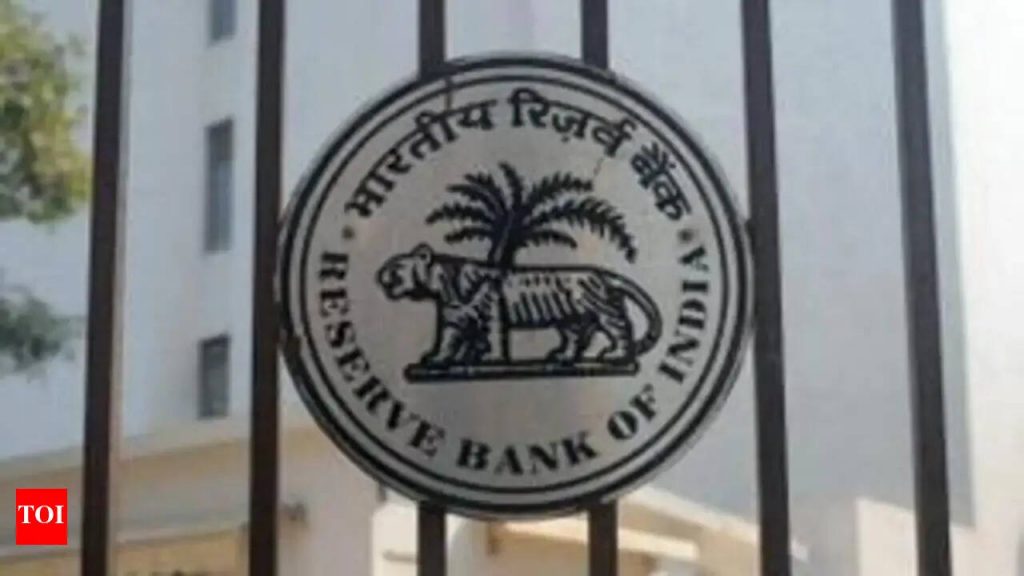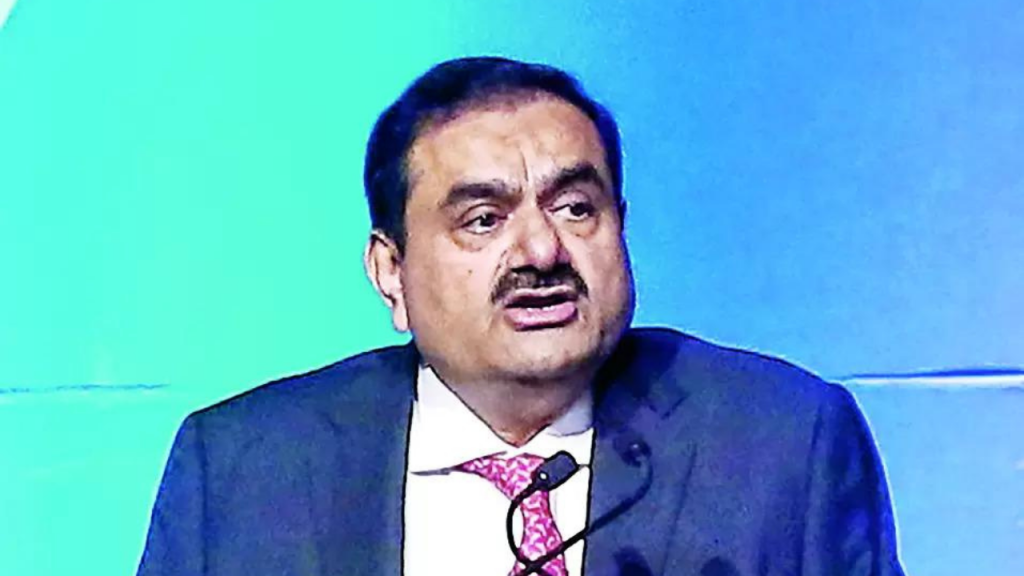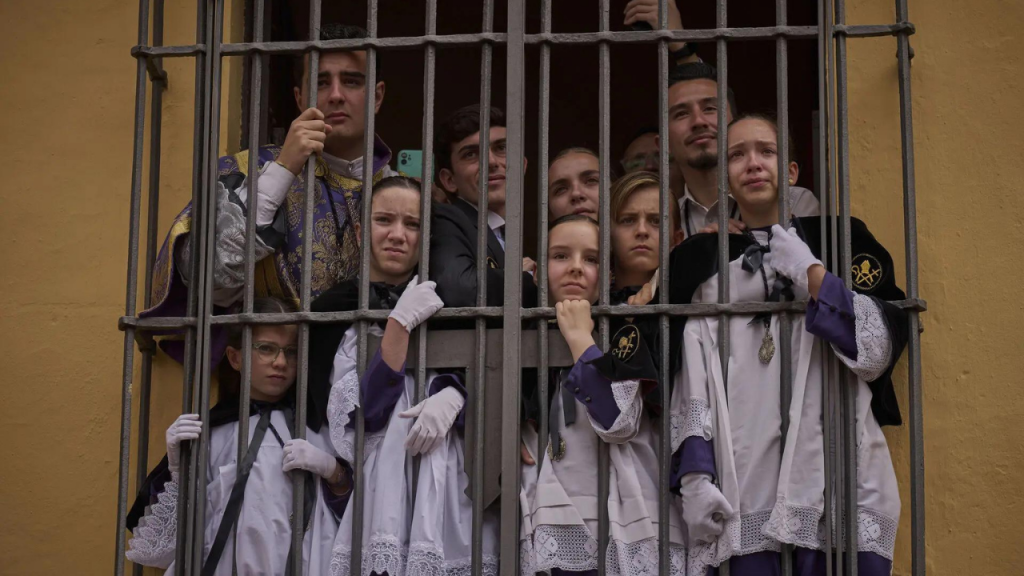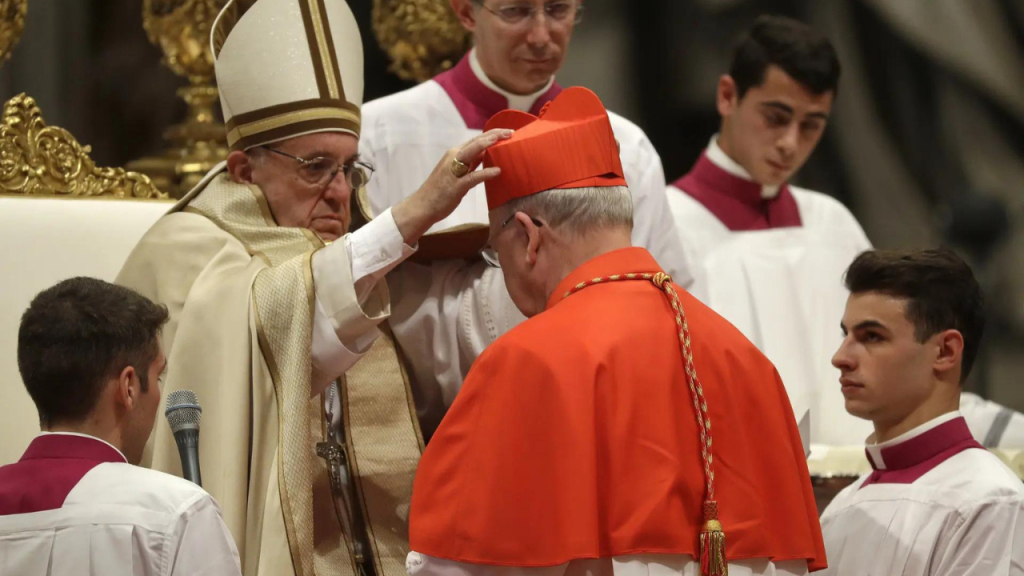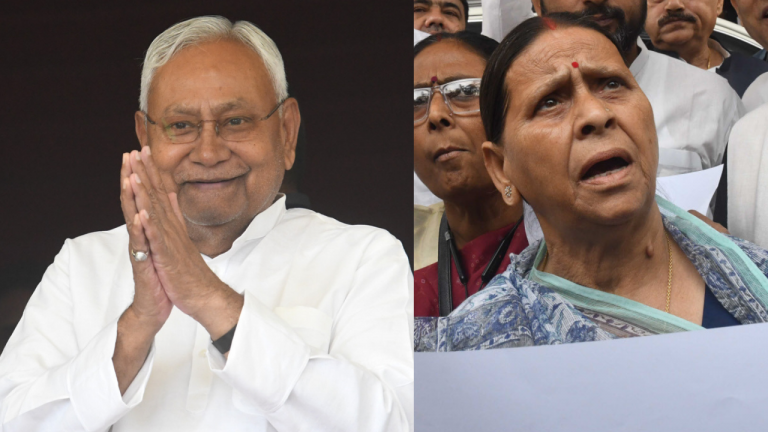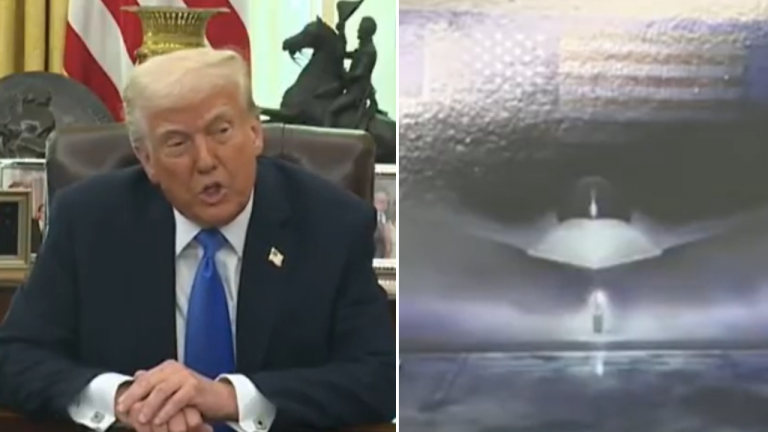In a landmark decision, the Supreme Court of India has upheld the principle that individuals facing allegations under the Goods and Services Tax (GST) and customs laws should be granted the same legal safeguards as those accused in criminal cases. This ruling by the three-judge bench has far-reaching implications for the legal landscape in India, ensuring that individuals involved in GST and customs disputes are afforded due process and fair treatment under the law.
The Supreme Court’s verdict emphasizes the importance of upholding the rights of individuals accused of financial crimes, highlighting the need for a balanced and just legal system that respects the principles of natural justice. The ruling clarifies that individuals facing allegations related to GST and customs violations have the right to legal representation, protection against self-incrimination, and other fundamental safeguards to ensure a fair trial. This decision is a significant step towards enhancing transparency and accountability in the enforcement of tax and customs laws, setting a precedent for future cases involving similar legal issues.
Overall, the Supreme Court’s ruling reaffirms the commitment to upholding the rule of law and protecting the rights of individuals involved in legal proceedings related to GST and customs violations. By ensuring that individuals accused under these laws are entitled to the same legal protections as those facing criminal charges, the judiciary is sending a clear message that justice must be served fairly and impartially, regardless of the nature of the allegations. This decision marks a significant victory for the principles of justice and equality under the law, setting a precedent that will shape the legal landscape in India for years to come.








